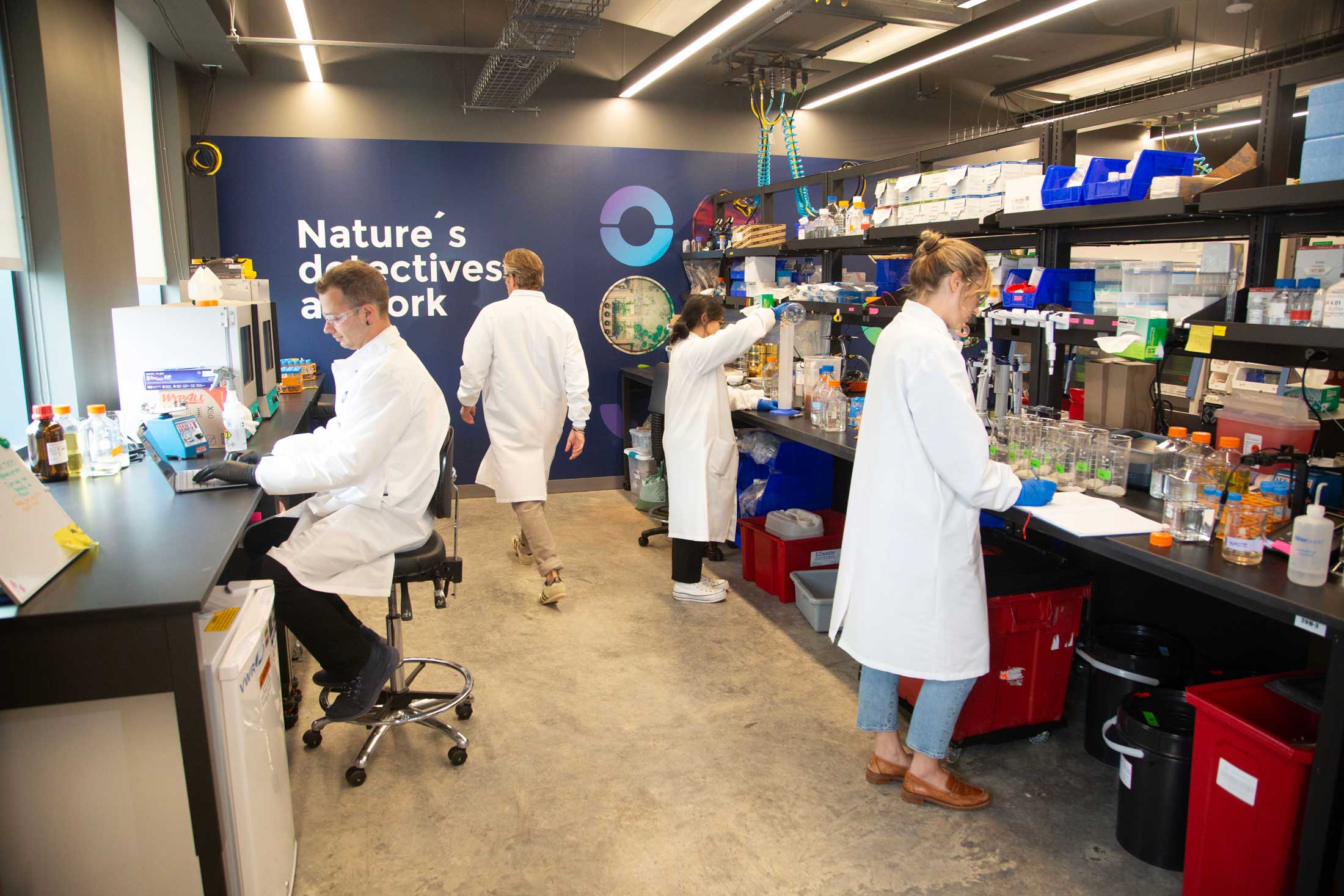Capital Markets
Fair Shares
Aug 24, 2018
Pity the entrepreneur wanting to spinout technology from a UK university –who typically demand 50% equity share of the company. UK universities look particularly bad compared to US university counterparts who are willing to negotiate a 5–10% stake.
In a 2015 survey of equity taken by US & UK Universities, among UK Universities, Cambridge takes the lowest stake in spin-outs at 20%. According to Global University Venturing 2013–2017 review University of Cambridge leads the ranking for capital raised ($2.16m) by their spin-outs and also second in the number of deals (96) recording the broadest range of investors types. Presenting a much more attractive investment, the lower equity stake taken by University of Cambridge could be one of many reasons the surrounding innovation ecosystem regionally attracts the most life science investment and produces the most spin-outs in the UK.
Another point of reference from the other Cambridge in Massachusetts, home to the largest concentration of life science companies in the world and Massachusetts Institute of Technology. MIT takes a max of 5% stake in its spin-outs and, according to a Kauffman report, generates a respectable 20–30 spin-outs annually. This number is dwarfed by the 900 startups that are launched by MIT alumni each year without MIT laboratory technology.

There are many advocating for change in the UK university technology transfer system where the fruits of publically funded research are in effect gifted by the funding bodies to the universities rather than the researcher. Under pressure to reform the process some universities have seen the writing on the wall, and now say they are willing to negotiate a lower equity stake.
The good news is that many entrepreneurs are not letting universities stymie their dreams and are starting companies without relying on intellectual property developed in university research labs. The increase in new startups, where no technology is transferred out or licensed from a university, is now outpacing traditional spinouts. More than 46% of the new synthetic biology companies started in the UK over the past ten years are startups, not spin-outs. These companies don’t license university technology, but still build value going on to generate their own patent portfolios.
The human capital produced by universities would appear to be far more valuable that the intellectual property it licenses. Investors would do well to look beyond the traditional university spin-outs and remember that you need smart people to start companies, not just smart technology.
This article was originally published on Medium by Dr. Stephen Chambers, CEO of SynbiCITE.

















